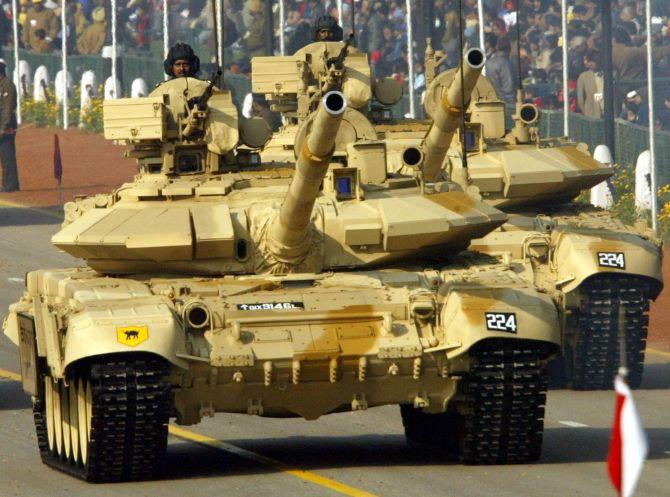

Any queries about working for the UN in a military capacity should be addressed within an applicant's own country first. A top priority for UN Peacekeeping is to increase the number of female military personnel in peacekeeping operations, including increasing women staff officers and military observers to 25 per cent by 2028 currently 16.7 per cent of staff officers and military observers in peacekeeping operations are female.īlue Helmets as members of their own national armies are seconded to work with the UN for periods normally of up to one year in the field, or two or three years at UN headquarters. By the end of 2019, 4.7 per cent of UN military personnel in contingents were women. Staff Officers are also valued at UN Headquarters from where they support all aspects related to the deployment of troops on the ground. The United Nations Office of Military Affairs seeks highly qualified military officers from UN Member States for service in our peace missions around the world, either as individual Staff Officers, as Military Observers, or as part of a formed unit from an individual Troop-Contributing Country. Read more about how UN Peacekeeping is evolving to handle these modern day challenges here. UN military peacekeepers are often deployed in inhospitable, remote and dangerous environments where they face an unprecedented scale of challenges especially when protecting civilians, under asymmetric threats. One of the biggest changes UN Peacekeeping has seen over the 70 years of its existence has been the increasingly multi-dimensional nature of UN peacekeeping operations. Assist ex-combatants in implementing the peace agreements they may have signed.Assist in-country military personnel with training and support.Provide security across a conflict zone.Monitor and observe peace processes in post-conflict areas.UN military personnel can be called upon to: The UN has been deploying military personnel for service in peace operations since 1948 when the Security Council authorized the deployment of UN military observers to the Middle East to monitor the Armistice Agreement between Israel and its Arab neighbours. Currently, the majority of troops come from African and Asian countries, while the contribution of western countries is increasing. They bring different cultures and experience to the job, but they are united in their determination to foster peace. They come from nations large and small, rich and poor. We have more than 97,000 UN uniformed personnel coming from over 120 countries. Global contribution for global peaceĪll military personnel working under the Blue Helmet are first and foremost members of their own national armies and are then seconded to work under the command and control of the UN.

It is essential that we increase the representation of female military in UN peacekeeping operations. Blue Helmets are protecting populations against threats and contributing to a secure environment. In many missions, protection of civilians is at the heart of our mandate. We work alongside UN Police and civilian colleagues to promote stability, security, and peace processes we protect personnel and property we work with local communities, and security forces promote lasting peace.


 0 kommentar(er)
0 kommentar(er)
